Flying can turn even the most rational people into a bundle of nerves. You’re crammed into a metal tube with strangers, dealing with delayed flights and overpriced snacks—it’s enough to make anyone lose their filter.
But some words carry serious weight at 35,000 feet, and what may seem like harmless venting on the ground can land you in federal custody. Flight attendants have heard it all, from genuine concerns to really bad jokes.
Here are 15 things you should never say on a flight.
Bomb
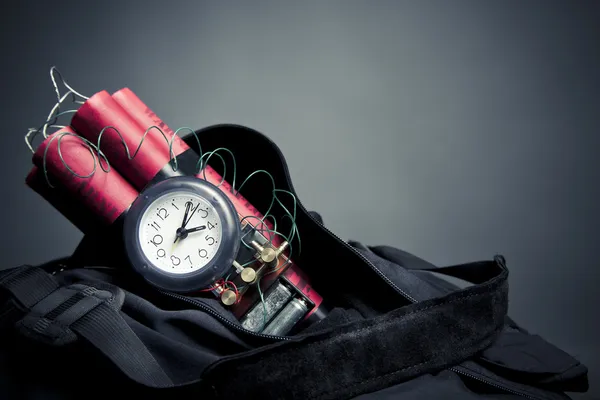
This word shuts everything down immediately. Doesn’t matter if you’re talking about how your presentation went or complimenting someone’s cooking—mention this word and watch your flight turn into a full-scale security operation. The crew has no choice but to treat it as a real threat.
You’ll get escorted off by federal agents while 200 other passengers miss their connections because of your poor word choice. The TSA doesn’t have a sense of humor about this stuff.
I Have a Gun
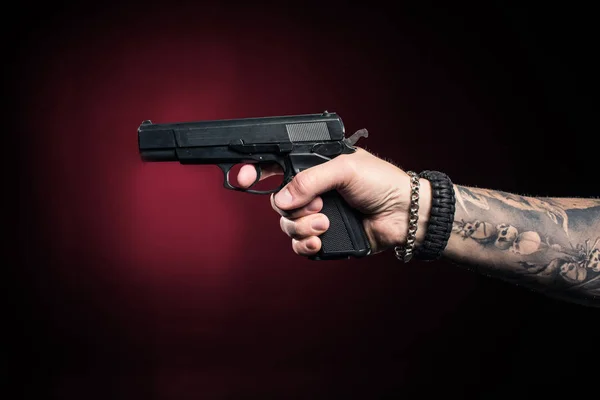
Even toy guns or water pistols packed in your luggage become federal incidents when you announce them mid-flight. Security protocols kick in automatically, and suddenly you’ve got air marshals involved and the pilot considering emergency landings.
Your innocent comment about a squirt gun for the beach house just became everyone’s worst nightmare. The no-fly list welcomes people who make these kinds of statements, regardless of intent.
Like Travel Pug’s content? Follow us on MSN.
This Plane is Going to Crash
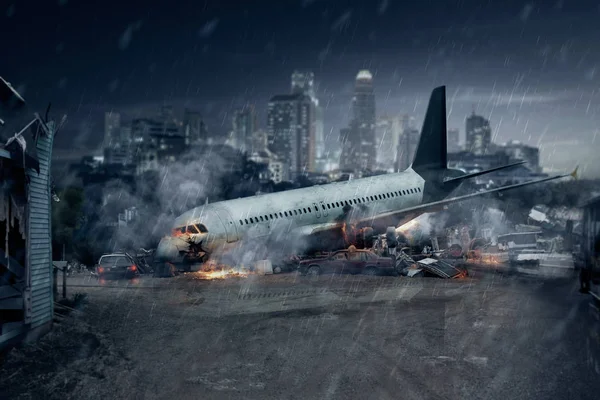
Nobody wants to hear crash predictions while they’re buckled into an airplane seat. You might think you’re being funny or expressing some deep-seated fear, but you’re actually freaking out people who were already nervous about flying in the first place.
Flight crews spend their careers making air travel feel routine and safe—your doom commentary undoes all that work in seconds. Scared passengers sometimes demand to get off, which means nobody goes anywhere.
I’m Going to Kill Someone

Anger management issues don’t disappear at altitude, but voicing violent thoughts definitely escalates situations beyond repair. Whether you’re mad about baggage fees or cramped seating, threatening language triggers immediate law enforcement responses.
Air marshals don’t wait around to see if you’re serious or just blowing off steam. Federal prosecutors treat aviation threats seriously, which means your moment of frustration could become years of legal problems.
Hijack
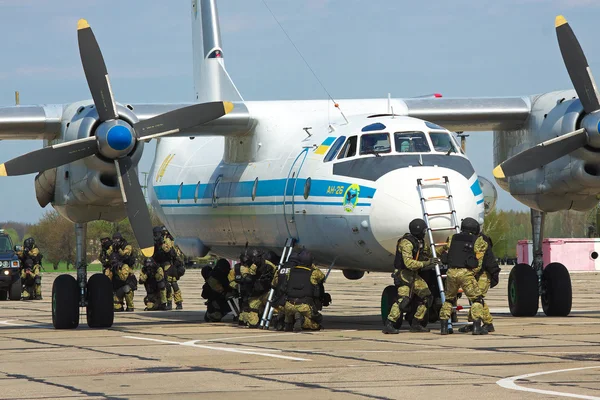
This particular word launches protocols that involve everyone from ground control to military aircraft. Even casual references to old movies or historical events can be misunderstood when stress levels are high and everyone’s on edge.
Flight attendants can’t take chances with aviation security, so they assume the worst and act accordingly. Your innocent comment about a 1970s thriller just became a homeland security incident that costs thousands of dollars to resolve.
Like Travel Pug’s content? Follow us on MSN.
I Don’t Feel Well

Timing matters when you’re discussing health issues on airplanes. Mentioning illness during flight can trigger quarantine procedures that nobody wants to deal with—including you. Airlines worry about disease outbreaks in confined spaces, so crew members report potential health threats to authorities on the ground.
If you’re genuinely feeling sick, pull a flight attendant aside quietly instead of announcing it to half the cabin. Your fellow passengers will appreciate the discretion.
The Captain Looks Drunk

Pilot sobriety isn’t something anyone jokes about, especially when you’re relying on that person to land safely. Your observation about the captain’s appearance or behavior becomes a mandatory investigation that delays everyone’s travel plans.
Airlines have to test pilots and potentially find replacements, which can take hours. Even obvious jokes about pilot competence create liability issues that companies can’t ignore. Trust that aviation professionals take their responsibilities seriously.
Fire

False fire alarms cause stampedes that injure more people than actual emergencies sometimes do. Passengers panic and rush toward exits, trampling anyone who gets in their way during evacuation procedures.
Flight crews train constantly for real fire emergencies, but crying wolf wastes precious response time when seconds actually matter. Even small electrical issues need to be reported calmly to crew members rather than shouted across the cabin like breaking news.
Like Travel Pug’s content? Follow us on MSN.
I Have Drugs

Controlled substances create legal nightmares that cross state and international boundaries, depending on your destination. Flight attendants become unwilling participants in drug crimes when passengers confess to possession mid-flight.
Your prescription medications might be perfectly legal, but casual mentions of ‘drugs’ without proper context create unnecessary confusion. Law enforcement agencies at your destination airport won’t appreciate the heads-up about incoming contraband either.
This Food Will Make Me Sick

Airline food complaints practically write themselves, but claiming potential food poisoning triggers health department investigations that nobody wants. Airlines document every reported illness to prevent contamination outbreaks, which means your dramatic reaction to the meal becomes official paperwork.
Other passengers start questioning their meals, and suddenly, the crew is dealing with widespread food paranoia. Save the culinary criticism for your travel blog instead of broadcasting it during mealtime.
I Can’t Breathe
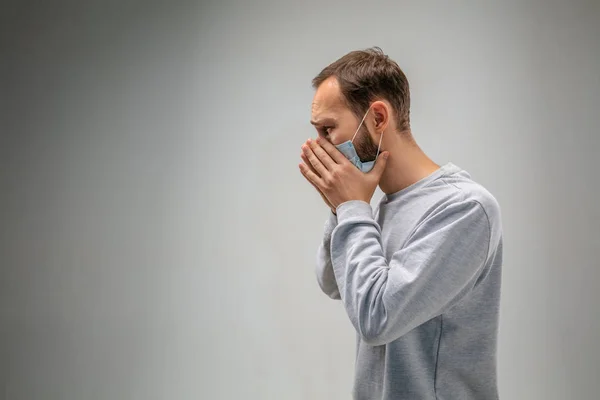
Respiratory emergencies require immediate medical attention and possible emergency landings at whatever airport happens to be closest. Flight crews carry oxygen equipment and basic medical supplies, but serious breathing problems need professional healthcare that isn’t available at 35,000 feet.
Your claustrophobia might feel overwhelming, but medical diversions cost airlines tens of thousands of dollars. Emergency responders would rather be safe than sorry, and the plane will be diverted regardless of the cost.
Like Travel Pug’s content? Follow us on MSN.
The Wing is Falling Off
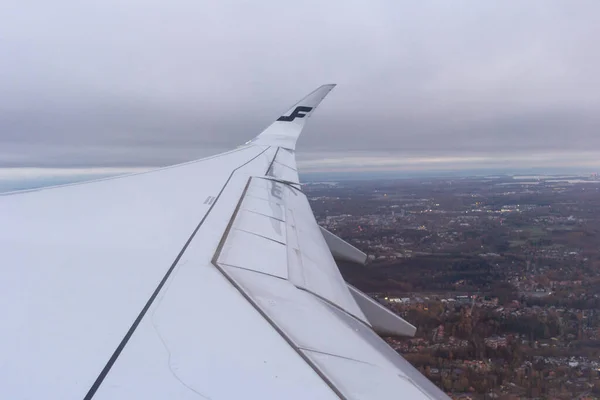
Aircraft maintenance concerns from untrained observers create mandatory inspections that ground planes until certified mechanics can thoroughly investigate. Modern airplanes flex significantly during normal flight operations—those wing movements that look scary are actually designed safety features.
Your amateur engineering assessment becomes everyone’s problem when crew members have to treat mechanical concerns seriously. Commercial aircraft undergo rigorous maintenance schedules, so trust the professionals instead of voicing uninformed opinions.
I Forgot I Packed That
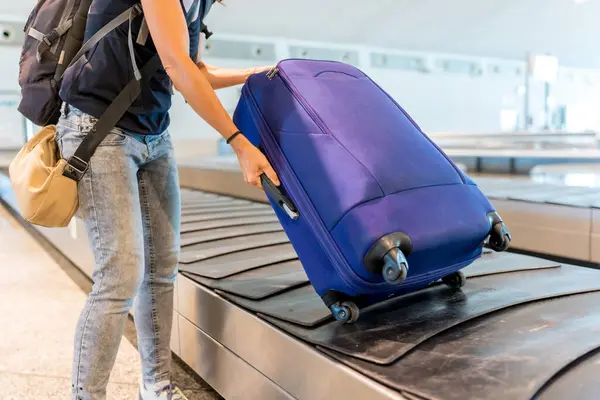
Admitting to packing prohibited items after clearing security suggests either intentional deception or dangerous carelessness about aviation safety rules. Security personnel spent considerable effort screening your belongings, and claiming oversight questions their professional competence.
Your ‘forgotten’ pocket knife or oversized liquid container becomes evidence of security failures that require investigation. Airlines prefer passengers who understand regulations before they reach the departure gate.
Air Traffic Control Messed Up
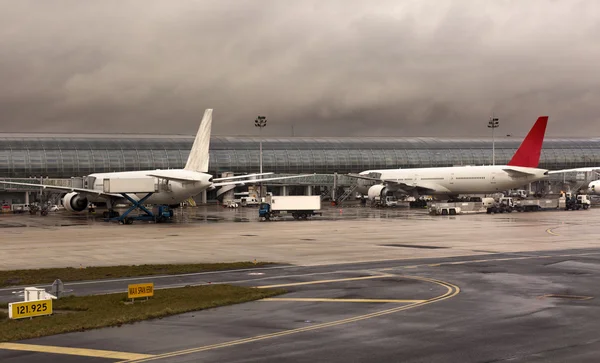
Questioning professional aviation decisions creates doubt about safety systems that coordinate thousands of flights daily without incident. Your criticism of routing changes or altitude adjustments implies that pilots and controllers don’t understand their jobs.
Fellow passengers overhear your amateur analysis and start worrying about decisions made by people with decades of training and experience. Commercial aviation maintains remarkable safety records precisely because multiple professionals double-check every decision.
Like Travel Pug’s content? Follow us on MSN.
I Should Have Driven
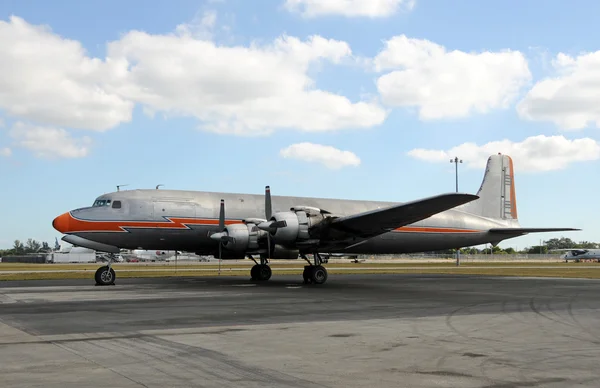
Second-guessing your transportation choice while trapped on an airplane just makes everyone more anxious about decisions they can’t change anymore. Other passengers who might already feel nervous about flying don’t need your vocal regrets adding to their stress levels.
Flight attendants work hard to maintain calm environments, and your hindsight commentary undermines their efforts. Statistically, you’re safer in that airplane seat than you would be on any highway, so keep the driver’s remorse to yourself.
When Words Carry More Weight Than Luggage
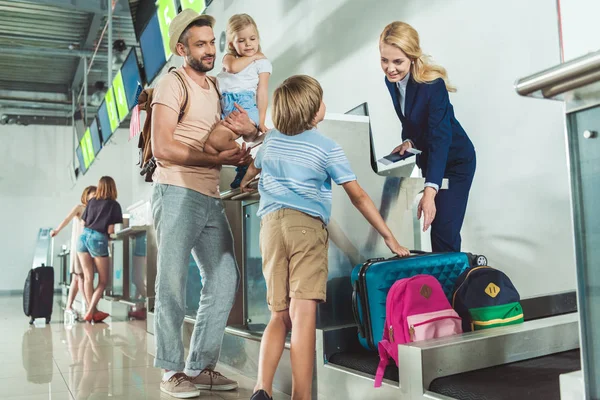
Airlines operate under strict federal guidelines that don’t allow much room for interpretation when it comes to passenger statements about safety, security, or health. What sounds like casual conversation to you becomes official incident reports that follow regulatory protocols designed to protect hundreds of people simultaneously.
Your words on airplanes carry consequences that extend far beyond typical social interactions, affecting not just your travel plans but those of everyone sharing your flight.
More from Travel Pug

- 20 Best Beach Towns in the Carolinas
- 13 Destinations Where Tourists Regularly Regret Their Trip
- 20 Things You Actually Get in First Class
- 20 Small Airports With Aviation Museums
- 20 Places in the U.S. That Are Perfect for a Reset Trip
Like Travel Pug’s content? Follow us on MSN.
